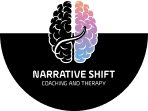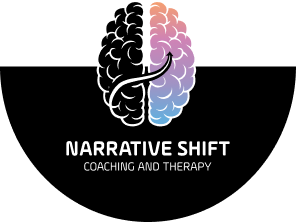Finding Your Tribe: The Power of Group Therapy for Neurodivergent Minds
The Narrative:
For many neurodivergent individuals, life can feel like navigating a world designed for someone else. Social situations, workplace interactions, and even family gatherings can leave you feeling misunderstood, different, or isolated. Traditional one-on-one therapy offers valuable support, but may still miss something essential—the power of connection with others who truly understand your experience from the inside.
The Shift:
Group therapy creates a unique environment where neurodivergent individuals can find genuine understanding among peers with similar experiences. This shared understanding transforms the healing journey from a solo expedition into a collective adventure, where growth is accelerated through connection, mutual support, and the profound realization that you are not alone.
Understanding the Science of Connection
Our brains are fundamentally wired for social connection. When we feel truly understood by others, our brains release oxytocin—the “bonding hormone”—which reduces stress and anxiety while increasing feelings of safety and trust. For neurodivergent individuals, finding this sense of connection can be particularly powerful, as it often provides their first experience of being fully understood by peers.
The Neuroscience of Group Support
When we share experiences in a group setting, several important processes occur:
Mirror Neuron Activation:
Our brains naturally mirror the emotions and experiences of others, creating deeper empathy and understanding. This mirroring helps us learn new coping strategies by observing how others manage similar challenges.
Social Learning Networks:
Group learning creates stronger memory patterns than individual learning. Multiple perspectives enhance our problem-solving abilities and expand our toolkit of coping strategies.
Collective Regulation:
Group support helps regulate our nervous systems. Shared experiences reduce isolation, and collective wisdom provides new ways to handle life’s challenges.
Creating a Supportive Environment
Group therapy provides a safe space where participants can share openly and grow together. Each session is carefully structured to create maximum benefit:
The Foundation: Building Trust
-
- Clear agreements about confidentiality
- Respectful communication guidelines
- Inclusive participation norms
- Safe space for all emotions
The Session Flow
-
- Opening Check-ins: Share current challenges and celebrations in a supportive atmosphere
- Skill-Building: Learn practical techniques for managing daily challenges
- Group Discussion: Process experiences together, offering mutual support and understanding
- Closing Integration: Gather insights and prepare to apply them in daily life
Specialized Groups for Different Needs
Different group formats serve specific needs:
Skills-Based Groups:
Focus on practical tools for managing executive function, emotional regulation, and social skills.
Support Groups:
Emphasize mutual understanding and shared experiences in a nurturing environment.
Process Groups:
Explore deeper emotional work and personal growth with therapeutic guidance.
The Journey of Growth
Understanding what to expect helps new participants feel more comfortable:
Phase 1: Getting Started
-
- Learn group dynamics
- Begin sharing their stories
- Start building trust
- Observe others’ experiences
Phase 2: Building Connection
-
- Share more openly
- Support others
- Try new strategies
- Build meaningful relationships
Phase 3: Growing Confidence
-
- Apply learnings to daily life
- Help guide newer members
- Share wisdom gained
- Maintain lasting connections
Real Stories of Transformation
Alex found his voice:
“In group therapy, I finally found people who understood why I needed detailed instructions and struggled with open-ended projects. Through practice with the group, I learned to advocate for my needs at work. Now, I’m not just surviving—I’m thriving.”
Maria discovered support in parenting:
“The parent group helped me understand that my challenges were shared by others. The strategies and support have made a huge difference in our daily routines, and my child benefits from having a more confident, supported parent.”
James found his balance:
“College was overwhelming until I joined the young adult group. We work through everything from managing assignments to navigating relationships. Having peers who understand my challenges but also celebrate my successes has changed how I see myself.”
Remember:
Growth is more powerful when shared. In group therapy, we learn and heal together, supporting each other through challenges and celebrating each step forward.




